Have you ever stopped to think about how much trash your household generates in a week? It can be pretty eye-opening, right? In a world facing growing environmental concerns, adopting a zero-waste lifestyle is no longer a trend, but a necessity. The good news is, embracing a zero-waste lifestyle doesn’t have to be overwhelming. It’s about making small, sustainable changes, and it all starts with choosing the right products. Let’s dive into the top zero-waste products that will help you reduce your environmental footprint, one step at a time.
Why Zero Waste? Understanding the Impact
Before we jump into the products themselves, it’s important to understand why embracing a zero-waste lifestyle is crucial. We live in a disposable society, and the amount of garbage sent to landfills is staggering. This waste contributes to pollution, releases harmful greenhouse gases, and depletes our natural resources.
By reducing our waste, we can:
- Conserve natural resources: Manufacturing new products requires raw materials and energy. By reusing and reducing, we lessen the strain on these resources.
- Reduce pollution: Landfills are a major source of methane, a potent greenhouse gas. Reducing waste minimizes our contribution to air and water pollution.
- Save money: Embracing reusable alternatives often proves more cost-effective in the long run. Think reusable water bottles over single-use plastic ones!
- Live healthier: Zero-waste living often goes hand-in-hand with choosing fresh, whole foods and minimizing exposure to harmful chemicals found in packaged goods.
Top Zero-Waste Swaps for a Sustainable Home
Ready to get started? Here are some simple swaps to transform your home into a zero-waste haven:
1. Ditch the Plastic Wrap, Embrace Beeswax Wraps
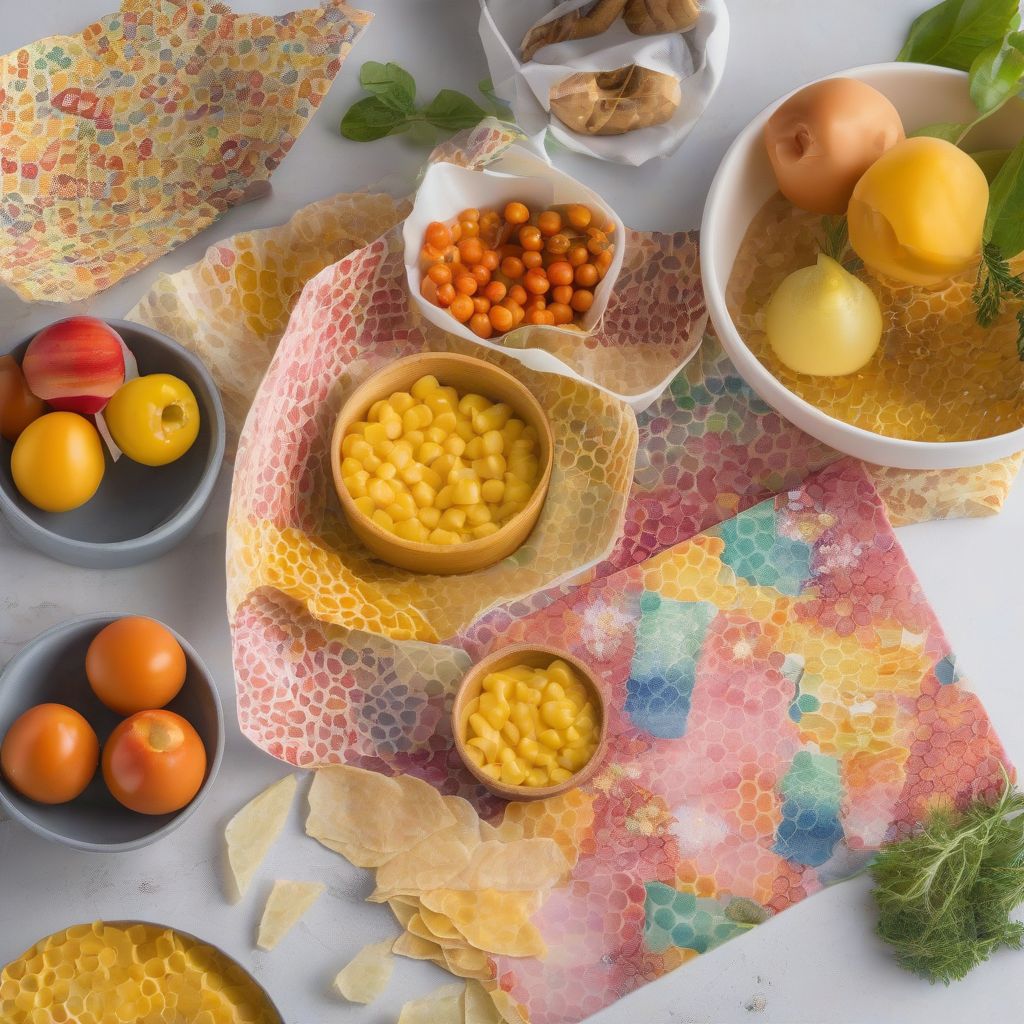 Beeswax Food Wraps
Beeswax Food Wraps
Plastic cling wrap might seem convenient, but it’s a single-use product that ends up in landfills. Beeswax wraps are a natural, reusable alternative. Made with organic cotton infused with beeswax, jojoba oil, and tree resin, these wraps are naturally antibacterial and mold-resistant. Use them to wrap sandwiches, cover bowls, or store leftover fruits and vegetables.
2. Reusable Water Bottles: Stay Hydrated, Sustainably
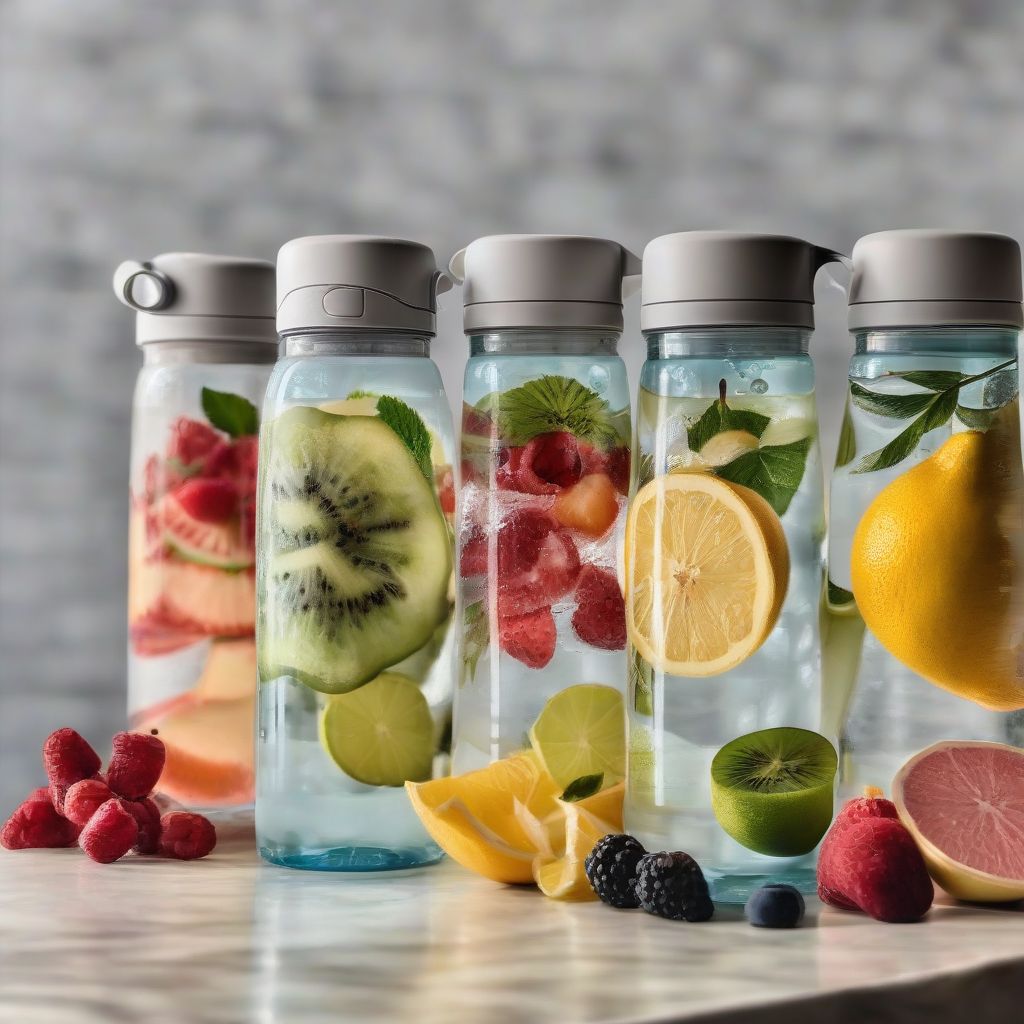 Reusable Water Bottles
Reusable Water Bottles
This one’s a no-brainer! Invest in a high-quality reusable water bottle made from stainless steel or glass. Carry it with you everywhere you go, and say goodbye to single-use plastic water bottles.
3. Solid Shampoo and Conditioner Bars: Lather Up, Guilt-Free
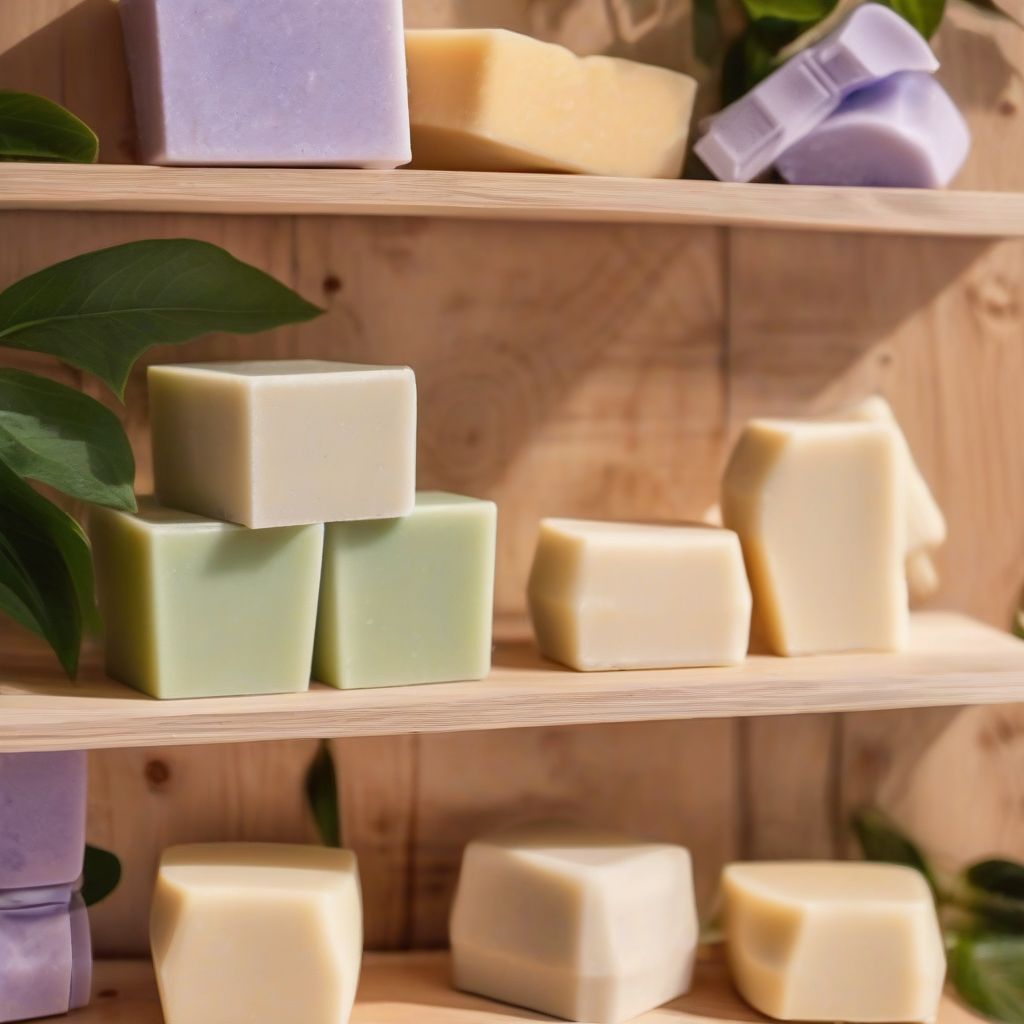 Shampoo and Conditioner Bars
Shampoo and Conditioner Bars
Traditional shampoo and conditioner bottles contribute significantly to plastic waste. Switch to solid bars that come in minimal, often recyclable packaging. They’re just as effective and last longer, saving you money over time.
4. Reusable Shopping Bags: A Sustainable Shopping Essential
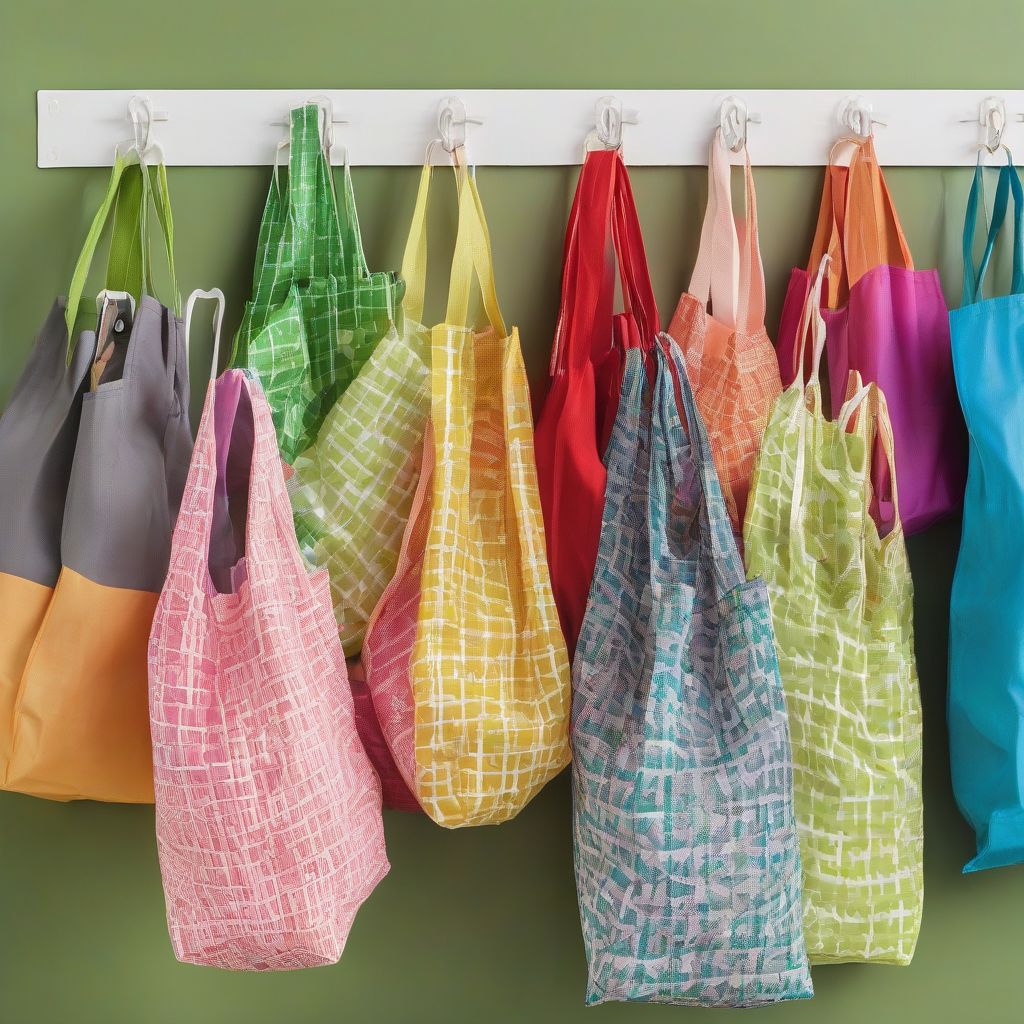 Reusable Shopping Bags
Reusable Shopping Bags
Always forget your reusable bags at home? Keep a few stashed in your car, purse, and by the door. Opt for sturdy canvas bags or ones made from recycled materials.
5. Bamboo Toothbrushes: Brushing Up on Sustainability
 Bamboo Toothbrushes
Bamboo Toothbrushes
Ditch the plastic and opt for biodegradable bamboo toothbrushes. They’re naturally antimicrobial and decompose easily, making them a sustainable alternative to their plastic counterparts.
6. Safety Razor: A Close Shave for You and the Planet
 Safety Razor
Safety Razor
Disposable razors are wasteful and expensive in the long run. A safety razor might seem like a blast from the past, but it’s making a comeback! It provides a close shave and significantly reduces waste.
7. Reusable Coffee Filters: Brew a Sustainable Cup
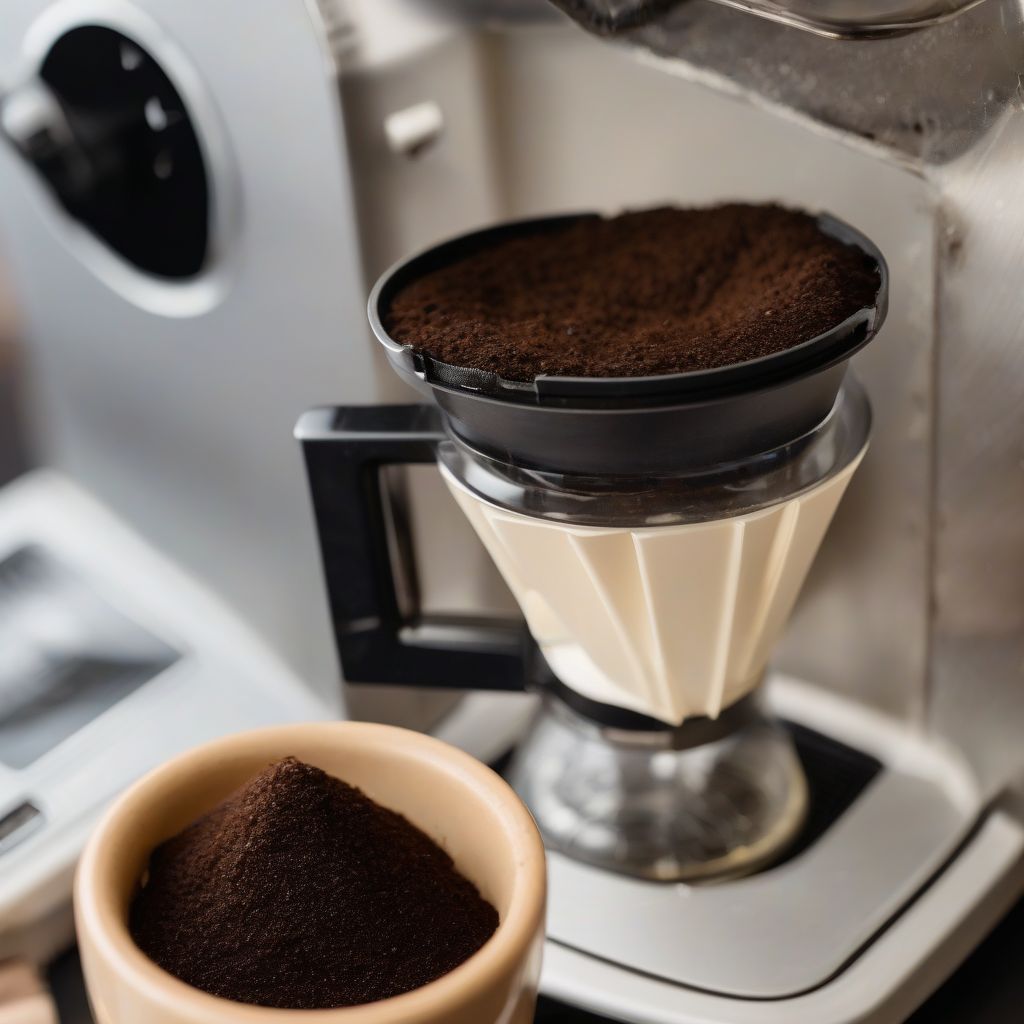 Reusable Coffee Filter
Reusable Coffee Filter
Love your morning coffee? Ditch the disposable paper filters and opt for a reusable coffee filter made from cloth or stainless steel. You’ll reduce waste and enhance your coffee’s flavor.
8. Mason Jars: Versatile Zero-Waste Heroes
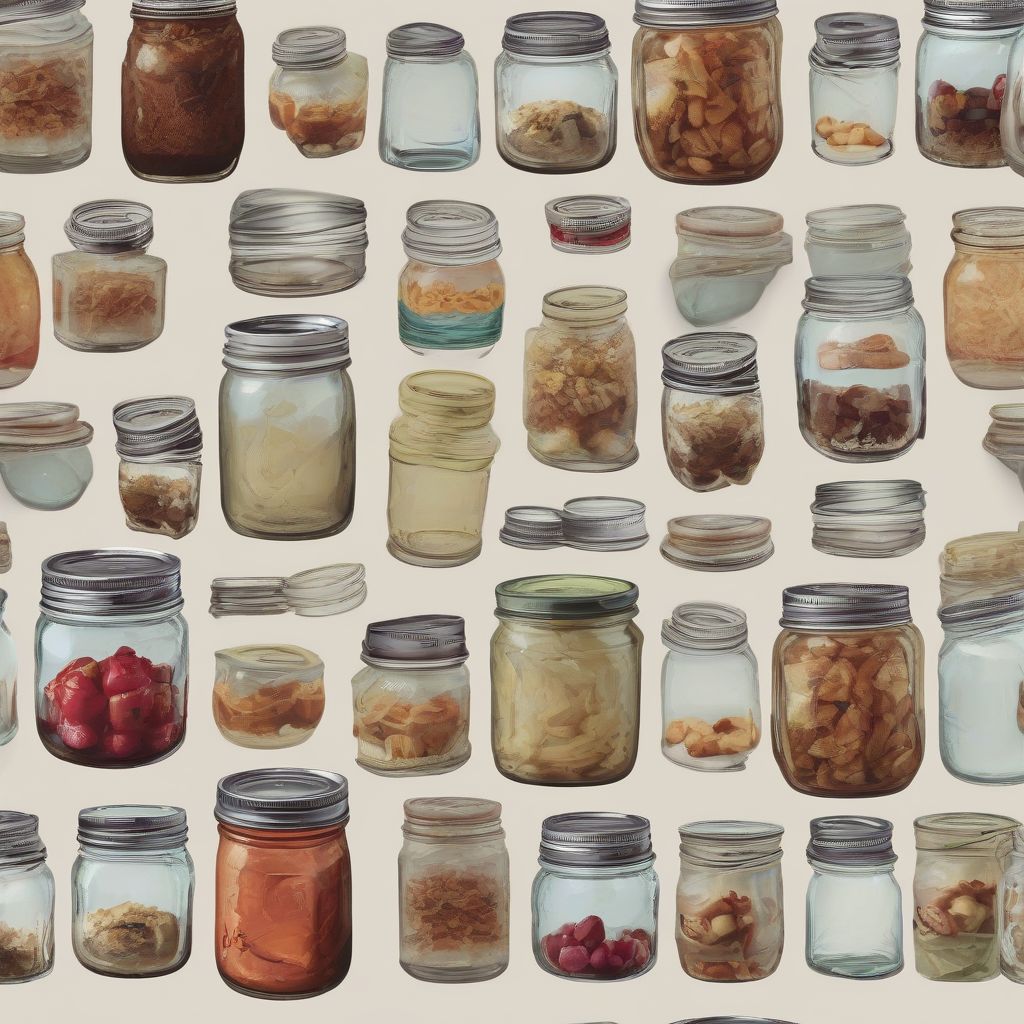 Mason Jars
Mason Jars
Mason jars are incredibly versatile! Use them to store leftovers, pack lunches, make overnight oats, or even as drinking glasses. Their durability and reusability make them a staple in any zero-waste kitchen.
9. Bar Soap: Suds Up Sustainably
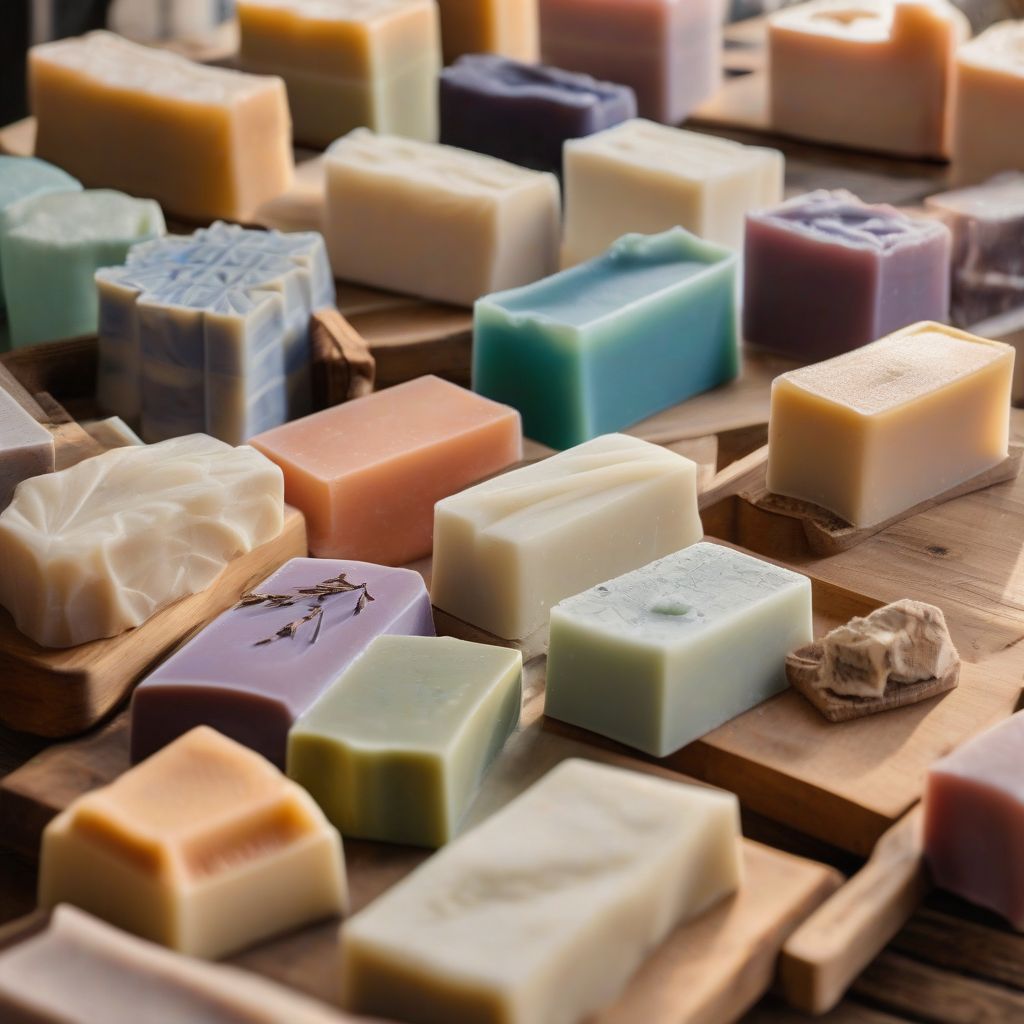 Bar Soap
Bar Soap
Liquid soap often comes in plastic packaging. Make the switch to bar soap, which often comes in minimal or recyclable packaging. Choose natural, plant-based soaps to avoid harsh chemicals.
10. Compost Bin: Turning Food Scraps into Garden Gold
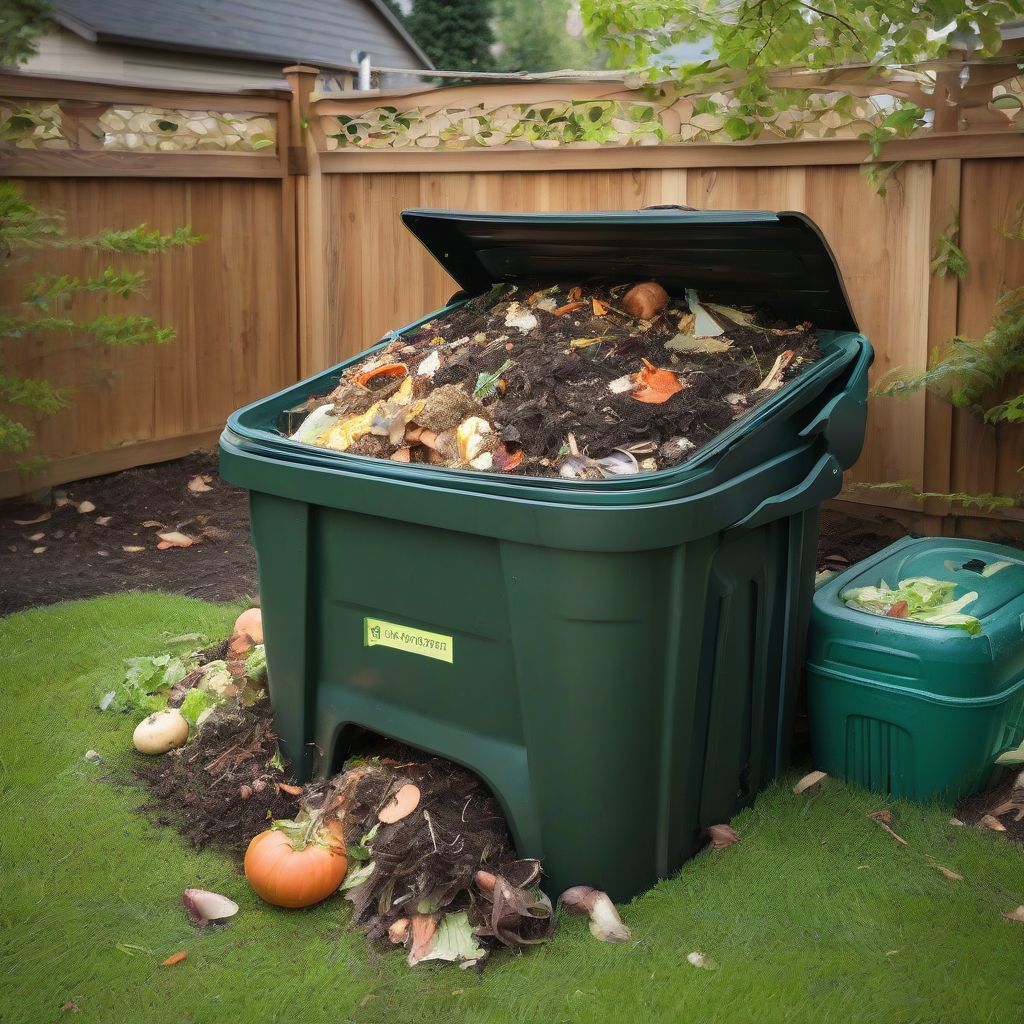 Compost Bin
Compost Bin
Food scraps and yard waste make up a significant portion of household trash. Start composting! It’s easier than you think. A compost bin allows you to turn organic waste into nutrient-rich fertilizer for your garden.
Conclusion: Your Journey to a Zero-Waste Lifestyle
Transitioning to a zero-waste lifestyle is an ongoing journey, not a destination. Remember, every small step you take makes a difference. By incorporating these zero-waste products into your daily routine, you’re actively reducing your environmental impact and embracing a more sustainable way of life. It’s about progress, not perfection. So, start small, make conscious choices, and enjoy the journey!
What are your favorite zero-waste swaps? Share your tips in the comments below!
[amazon bestseller=”zero waste”]
